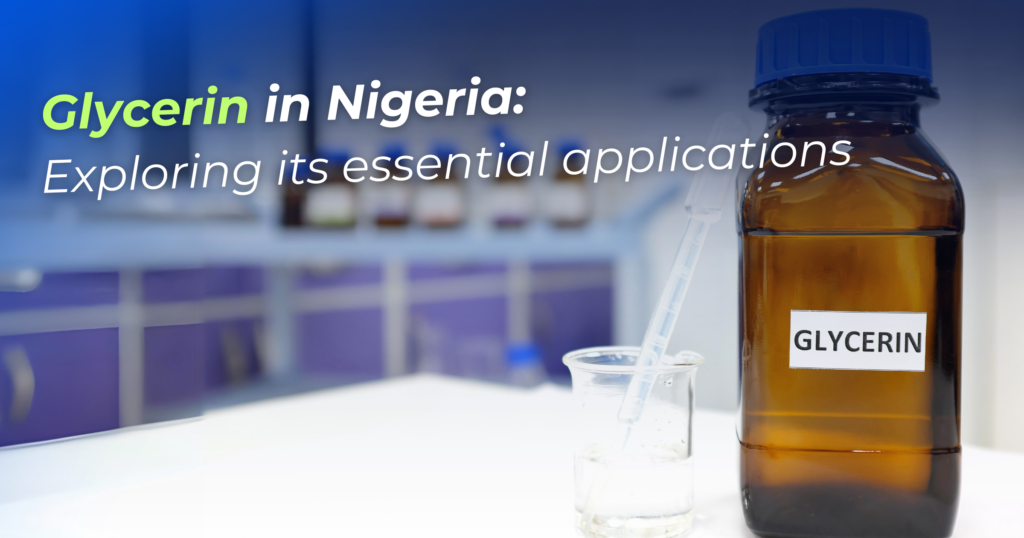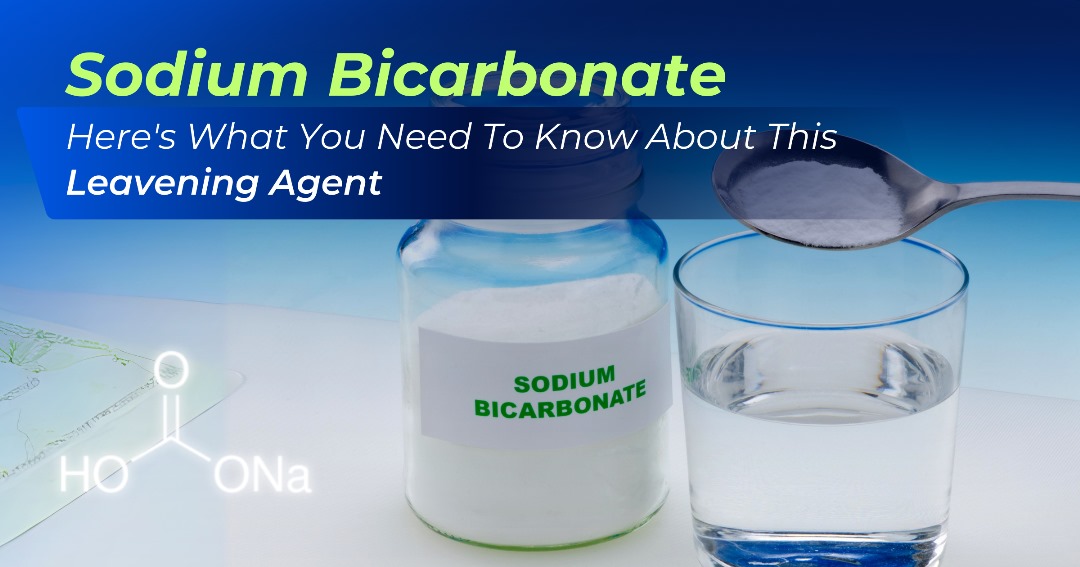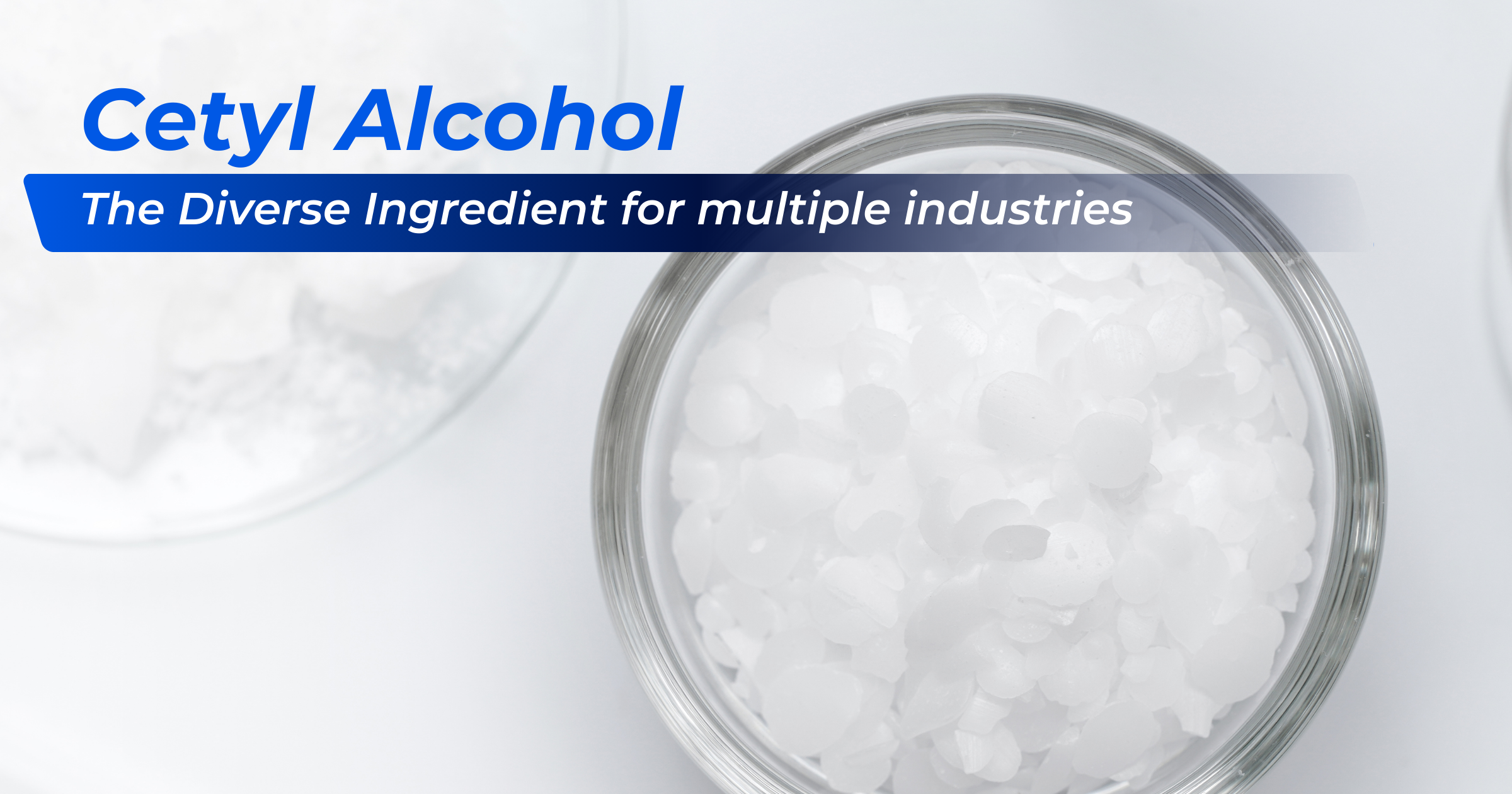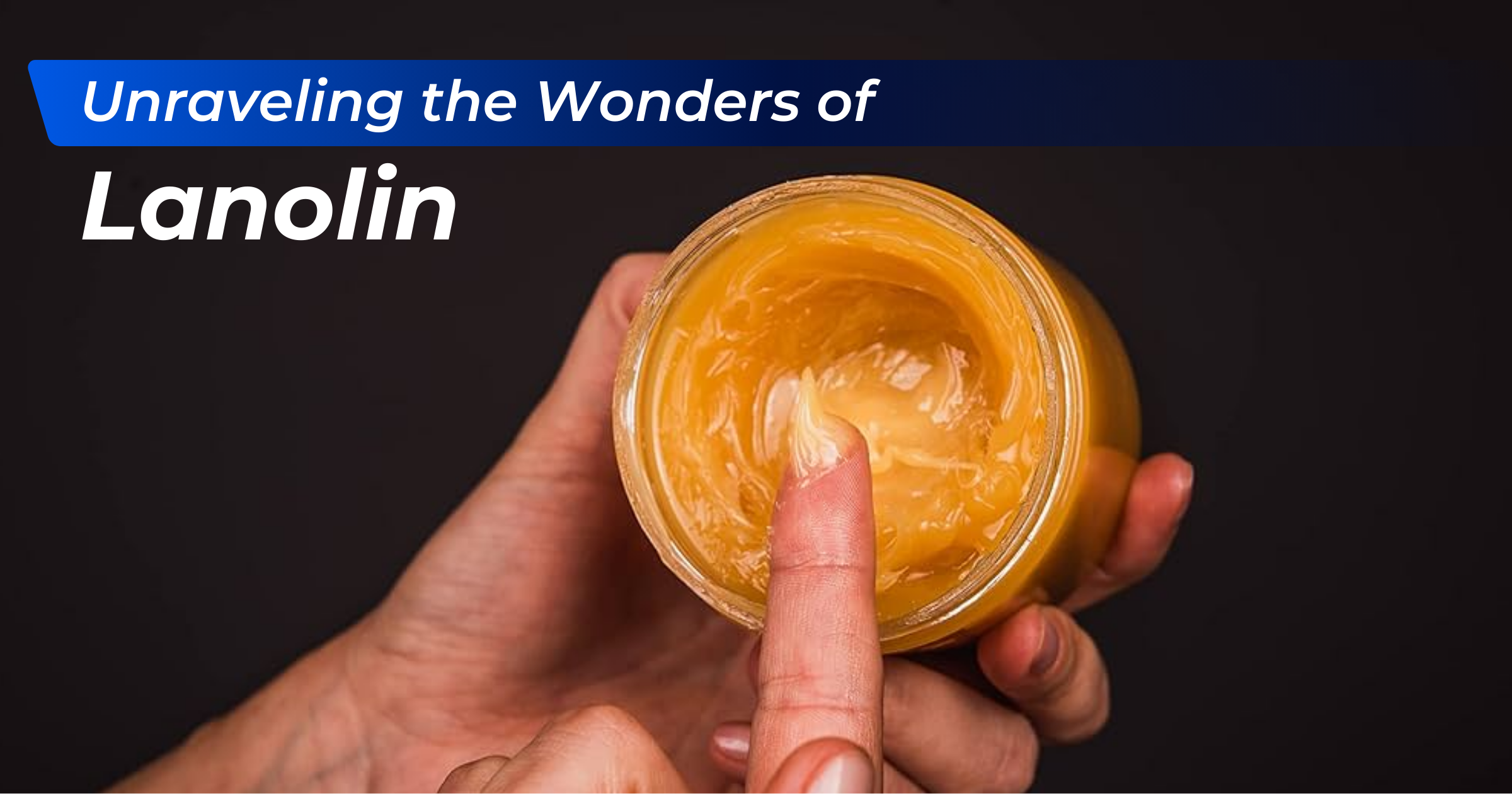
In this article, we journey through time and application to understand how a simple organic compound has become a cornerstone in Nigeria’s economic and practical endeavors. Join us as we trace the path of glycerin from its humble beginnings to its status as an essential player in the nation’s quest for sustainable development and economic resilience.
Glycerin, a simple molecule with profound impact, has woven itself into the fabric of Nigerian industry and daily living. This colorless and odorless liquid is more than just a chemical compound; it’s a key player in Nigeria’s economic and industrial landscape.
The essence of this article is to illuminate the multifaceted applications of glycerin and to explore how it contributes to Nigeria’s economy.
Furthermore, we will also delve into its uses, from the mundane to the groundbreaking, and consider the future of this versatile substance in an evolving Nigeria.
So, sit back and let’s learn about this versatile chemical.
From Byproduct to Essential Commodity
Initially, glycerin was simply a residual substance found in soap-making, often discarded or overlooked for its value. However, today, the potential of this viscous liquid has become more evident.
The demand for glycerin surged once it became a crucial ingredient in many products. This shift marked glycerin’s transition from an industrial afterthought to a sought-after commodity.
The recognition of glycerin’s utility spurred efforts to refine and purify the substance, leading to the development of higher-grade glycerin suitable for various applications.
Today, glycerin is no longer just a byproduct of soap making but a valuable commodity in its own right, with a well-established place in the Nigerian market, highlighting Nigeria’s ongoing pursuit of industrialization and value addition to local resources.
Glycerin in Nigerian Industries
In Nigeria, glycerin’s integration into local industries has been gradual but impactful. Its versatility has made it a cornerstone in several sectors, with its significance growing as the nation’s economy diversifies and modernizes.
The integration of glycerin into Nigerian industries began with its traditional soap-making use, but it quickly spread to other sectors. Today, Industries like pharmaceuticals, cosmetics, skincare, and food, to name a few, all depend on glycerin.
From a simple byproduct to a multifaceted commodity, glycerin has become embedded in Nigeria’s industrial fabric.
Understanding the basics of glycerin
Often found in its pure form as a colourless, odourless, viscous liquid, Glycerin is a simple compound with many uses. To truly appreciate its value, we must understand glycerin and why it’s uniquely suited to such a wide range of applications.
Glycerin: A Versatile Ingredient Across Industries
Glycerin, also known as glycerol, is mainly obtained as a byproduct of biodiesel production through transesterification. This process involves reacting triglycerides (fats or oils) with alcohol, such as methanol, in the presence of a catalyst, producing biodiesel and glycerin. Additionally, glycerin can be synthesized chemically or derived from animal fats and vegetable oils. Thanks to its non-toxic and sweet-tasting nature, glycerin plays a crucial role in food and pharmaceutical products.
The Chemical Nature of Glycerin
At the molecular level, glycerin consists of three carbon atoms, eight hydrogen atoms, and three hydroxyl (OH) groups. This structure gives it hygroscopic properties, allowing it to attract and retain moisture, and makes it an excellent solvent capable of dissolving many substances.
Glycerin in Everyday Life
From toothpaste to cough syrup and cakes, glycerin is everywhere. Its non-toxic profile ensures its safety in food, personal care, and pharmaceutical products. Glycerin acts as a sweetener, humectant, emollient, and preservative, making it indispensable in multiple sectors.
Applications of Glycerin in Nigeria
Pharmaceuticals and Healthcare:
Glycerin plays a vital role in Nigeria’s pharmaceutical sector by improving the palatability and shelf life of medicines. In humid climates, it helps preserve drug efficacy by maintaining moisture levels.
Cosmetics and Personal Care:
The surge in personal care products has increased the demand for glycerin. Its moisturizing properties make it essential in lotions, moisturizers, and serums, catering to the diverse skin types of Nigerians.
Food and Beverage Industry:
In food, glycerin helps retain moisture in baked goods and serves as a sugar-free sweetener in low-fat products, extending shelf life and enhancing freshness.
Textile and Fabric Production:
Glycerin softens fabrics, improving their texture and feel, which is especially important for Nigeria’s vibrant textile industry.
Agriculture and Animal Husbandry:
In agriculture, glycerin enhances animal feed by improving palatability and providing a valuable energy source, supporting Nigeria’s livestock economy.
Industrial Applications:
Glycerin also shines in industrial applications, serving as an anti-freeze agent, lubricant, and component in printing inks. Additionally, it acts as a plasticizer in resin and polymer production, increasing material flexibility and durability.
From pharmaceuticals to textiles, glycerin remains a valuable and versatile ingredient, significantly contributing to Nigeria’s economy.
The applications of glycerin in Nigeria are as diverse as they are essential. Its impact on various sectors—from healthcare to agriculture—demonstrates its importance to the country’s economy and potential for future growth.
Innovations and Future Trends in Glycerin Utilization
As Nigeria continues to evolve and adapt to global economic and environmental trends, glycerin stands at the forefront of innovation. This section delves into the future of glycerin, exploring upcoming trends and potential new applications that could shape various industries.
Biotechnological Advances
The biotechnology field holds promising new uses for glycerin, especially in creating biofuels and bioplastics. With the global push towards renewable energy, glycerin byproducts from biodiesel production are further processed to create eco-friendly alternatives to traditional plastics and fuels. This aligns with environmental sustainability goals and adds value to Nigeria’s growing biofuel sector.
Pharmaceutical Innovations
In pharmaceuticals, researchers are exploring glycerin’s potential as a carrier for time-release drugs and targeted therapy treatments. Its compatibility with various substances makes it an ideal medium for encapsulating medications that can benefit from controlled release, enhancing treatment efficacy and patient compliance.
Cosmetic Customization
The cosmetic industry constantly seeks innovative ways, and glycerin is at the heart of many new formulations. Advances in cosmetic science may soon allow personalized skincare products with glycerin bases that cater to individual skin types and concerns, providing tailored hydration and treatment.
Food Science Developments
In food science, glycerin’s role is expanding into texture and taste enhancement. Innovations in food processing techniques could see glycerin being used to create novel textures in low-fat and reduced-calorie products, helping improve the sensory experience of health-conscious foods without compromising taste or satisfaction.
Agricultural Enhancements
Glycerin’s application in agriculture could extend to soil moisture retention, helping to improve water use efficiency in arid regions of Nigeria. This would benefit small-scale farmers, aiding crop production during dry seasons and contributing to food security.
Environmental Solutions
The environmental applications of glycerin are also expanding. As a biodegradable substance, glycerin is being studied for its potential in bioremediation efforts, helping to break down pollutants and contaminants in soil and water, thus contributing to a cleaner environment.
Technological Integration
In technology, glycerin’s properties are harnessed to produce flexible electronics as a component in energy storage systems. Its stability and resistance to moisture make it an excellent candidate for use in more durable and flexible electronic devices.
Glycerin’s Role in Nigeria’s Future
As Nigeria strides into the future, the role of glycerin is poised to expand in tandem with technological, environmental, and economic developments. This concluding section reflects on the potential pathways for glycerin’s integration into the fabric of Nigeria’s progress.
Glycerin’s Role in Achieving SDGs and Economic Growth
Glycerin aligns with several Sustainable Development Goals (SDGs) by supporting clean energy, responsible production, and improved well-being. Nigeria can leverage it for poverty reduction, better health outcomes, and environmental sustainability.
Green chemistry innovations using glycerin can reduce waste, enhance efficiency, and promote renewable resources. As Nigeria seeks economic diversification, glycerin offers growth opportunities across industries like agriculture and pharmaceuticals.
Investing in research can unlock new applications, foster academia-industry partnerships, and enhance local production. With rising global demand, Nigeria can integrate into the international market through sustainable practices. Public education on glycerin’s benefits will further encourage adoption and support for eco-friendly products.
Wrapping up…
Glycerin’s economic significance in Nigeria cannot be overstated. As a multifunctional compound, it plays a pivotal role in several critical sectors of the economy.
This exploration of glycerin’s properties and applications has revealed its integral role in enhancing product quality, improving health outcomes, and contributing to the sustainability of industries.
As we conclude this comprehensive look at glycerin in Nigeria, it’s clear that while the substance itself is not new, its potential for the future is vast and largely untapped.
This is an exciting time for industries and innovators to explore and expand upon the uses of glycerin further.
Frequently Asked Questions
Can glycerin be used as a fuel?
While not a conventional fuel, glycerin can be burned for energy and is being researched as a potential eco-friendly fuel source due to its clean-burning properties.
Is glycerin safe for consumption?
Food-grade glycerin is safe for consumption and is often used as a sweetener, preservative, or moisture-retainer in various food products.
How does glycerin benefit the skin?
Glycerin is a humectant that attracts moisture to the skin, helping maintain hydration and protecting the skin’s barrier function.
Can glycerin go bad or expire?
Pure glycerin does not quickly spoil or expire, but it should be stored properly, away from moisture and light, to maintain its quality.
Is there a difference between vegetable glycerin and synthetic glycerin?
The primary difference lies in the source; vegetable glycerin is derived from plant oils, while synthetic glycerin is produced from petrochemicals. However, both are chemically identical.
Can glycerin be used in hair care?
Yes, glycerin is used in hair care products to provide moisture, reduce frizz, and improve scalp health.
Is glycerin environmentally friendly?
Vegetable glycerin is biodegradable and considered environmentally friendly. However, the environmental impact of synthetic glycerin depends on the production process and source materials.
Does glycerin have any medical applications?
Glycerin is used in medical applications such as in laxatives, as a means of preserving tissues, and in wound care due to its osmotic properties.
How does glycerin react with other chemicals?
Glycerin is chemically stable and non-reactive with most substances, but it can react with solid oxidizers or in dehydration processes.
Can glycerin be used in the production of explosives?
Yes, when reacted with nitric acid, glycerin can produce nitroglycerin, a component of dynamite.
Is glycerin used in any industrial processes?
Glycerin is used as a plasticizer, humectant, and solvent in various industrial processes, including producing paper, textiles, and resins.
Can glycerin be used as a preservative for biological specimens?
Yes, glycerin can preserve specimens due to its hygroscopic properties, which prevent the growth of bacteria and fungi.
How does the quality of glycerin affect its uses?
The purity of glycerin is crucial for its use in sensitive applications like food production and pharmaceuticals. Impurities can lead to off-flavours, spoilage, or reduced effectiveness in products.




